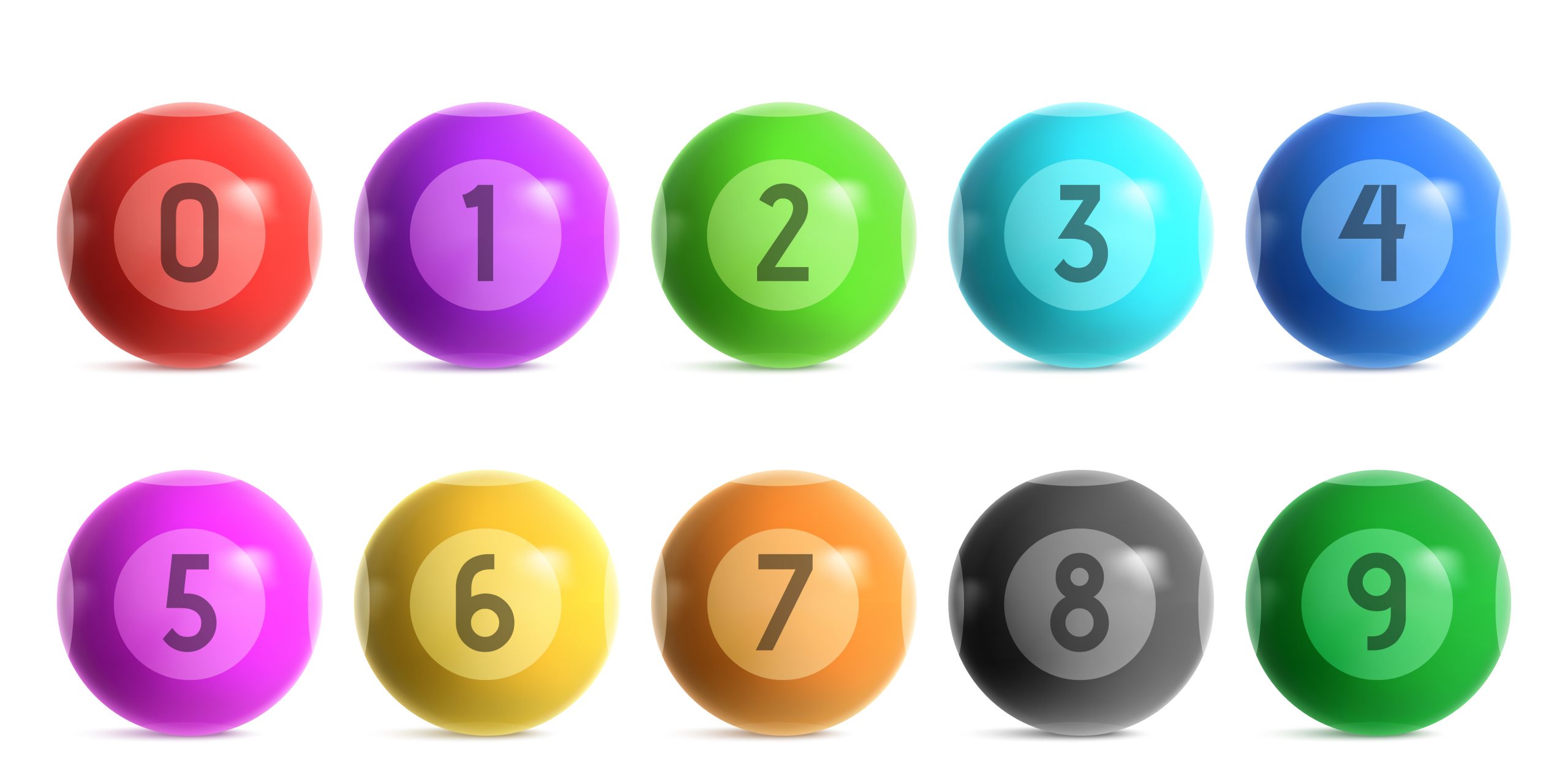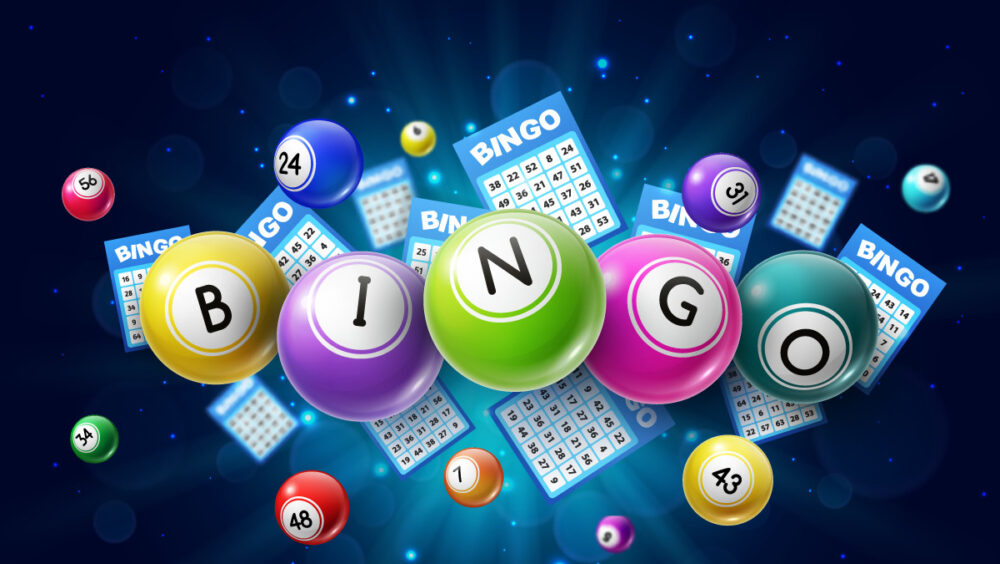
Introduction: The Timeless Charm of Bingo
Bingo is much more than a simple game of chance; it is a social institution, a source of entertainment, and a symbol of community bonding that has captivated millions worldwide. From the lively halls of traditional bingo parlors to the convenience of online platforms, this game has evolved while retaining its core essence of excitement and camaraderie. Often perceived as a pastime for older generations, bingo’s vibrant resurgence across diverse demographics showcases its universal appeal and adaptability. This article explores the rich history, mechanics, cultural significance, and modern reinvention of bingo, illuminating why it remains a cherished pastime in an ever-changing world.
The Origins and Evolution of Bingo
Bingo’s story begins centuries ago, tracing its roots back to Italy in the 16th century, where a lottery-style game known as “Lo Giuoco del Lotto d’Italia” captured public imagination. It spread to France by the 18th century, transforming into “Le Lotto,” a game played primarily by the aristocracy. The game’s migration to England and later the United States marked pivotal moments in its popularization.
The modern bingo game as we know it was popularized in the United States during the early 20th century. Originally called “Beano,” it earned the name “Bingo” when a player famously shouted the term after accidentally yelling “Bingo” instead of “Beano.” From there, bingo flourished as a fundraising activity for churches and charities, cementing its role in social causes alongside recreation.
Understanding the Mechanics: How Bingo Works
At its core, bingo is a game of chance and pattern recognition. Players receive cards marked with a grid of numbers, and a caller randomly announces numbers drawn from a pool. Participants mark the announced numbers on their cards, striving to complete a specific pattern—whether a line, diagonal, or full house—before others.
Key Elements of Bingo:
-
Bingo Cards: Typically 5×5 grids with randomized numbers.
-
Number Pool: Numbers usually range from 1 to 75 or 1 to 90, depending on the variant.
-
Winning Patterns: These can vary from simple lines to complex shapes.
-
Caller: Announces the numbers drawn, building anticipation.
-
Prize: Incentives range from small rewards to significant jackpots.
The game’s simplicity makes it accessible, yet the randomness ensures every round is thrillingly unpredictable.
The Social and Cultural Significance of Bingo
Bingo’s appeal extends far beyond its gameplay. It is a social glue that fosters connection, entertainment, and inclusion.
-
Community Building: Traditional bingo halls often serve as gathering places for friends, families, and neighbors, creating a warm atmosphere that transcends generations.
-
Charitable Impact: Fundraising events featuring bingo have raised substantial amounts for schools, hospitals, and non-profits, underscoring its philanthropic dimension.
-
Cognitive Engagement: The game encourages focus, quick thinking, and number recognition, offering mental stimulation.
-
Cultural Adaptations: Various countries have tailored bingo to reflect local customs, music, and language, embedding it deeply into diverse cultural tapestries.
The ritual of bingo nights embodies a sense of shared experience that few games can replicate.
The Digital Transformation: Online Bingo and Innovation
The rise of the internet heralded a new era for bingo. Online bingo platforms have democratized access, allowing enthusiasts from any corner of the world to partake in the fun without leaving their homes.
Advantages of Online Bingo:
-
Convenience: Play anytime, anywhere, eliminating geographical constraints.
-
Variety: A broader selection of game variants and themes to suit diverse tastes.
-
Social Interaction: Chat rooms and forums replicate the community feel digitally.
-
Bonuses and Promotions: Incentives that enhance the gaming experience.
-
Technological Features: Interactive graphics, sound effects, and mobile compatibility.
This fusion of tradition with technology has not only preserved bingo’s popularity but introduced it to younger, tech-savvy audiences.
The Psychological Appeal: Why Bingo Captivates
What makes bingo so enduringly popular? Its psychological appeal lies in several factors:
-
Anticipation and Excitement: The suspense of waiting for the next number creates a compelling tension.
-
Accessibility: Simple rules ensure inclusivity, enabling people of all ages and backgrounds to participate.
-
Social Reward: The collective experience and friendly competition stimulate feelings of belonging.
-
Chance and Luck: The element of unpredictability means every player has hope, keeping engagement alive.
-
Achievement: Winning—whether small or large—delivers a rush of satisfaction and accomplishment.
Bingo deftly combines thrill with community, making it a uniquely rewarding pastime.
Bingo’s Place in Popular Culture
Bingo has permeated popular culture, appearing in literature, television, films, and music. It often symbolizes nostalgia, whimsy, or communal joy. Iconic portrayals highlight its role in bringing people together, from scenes in cozy community centers to vibrant scenes of celebration.
Celebrities and influencers have also embraced bingo, hosting charity games or social events that revitalize the game’s image. Moreover, themed bingo nights—from rock music to literary versions—demonstrate its flexibility as an entertainment medium.
Responsible Play and The Future of Bingo
As with any game involving chance, responsible play is essential. Players should be mindful of setting limits, understanding odds, and treating bingo as leisure rather than a source of income.
Looking ahead, bingo’s future appears promising. Continued technological advances, including virtual and augmented reality, promise to make the experience even more immersive. Meanwhile, its core strengths—simplicity, social connection, and fun—ensure it remains a beloved fixture in entertainment landscapes globally.
Conclusion: Bingo as a Celebration of Luck, Community, and Joy
Bingo stands as a testament to how a simple game can weave itself into the fabric of society, transcending eras and evolving alongside culture and technology. It is a celebration of chance and connection, of anticipation and reward. From traditional halls echoing with laughter to the digital screens uniting distant players, bingo’s enduring appeal reflects the timeless human desire for community and delight.
Whether a casual player or a dedicated enthusiast, engaging with bingo is more than a pastime; it is a shared experience that continues to bring people together in a world often divided. The game’s blend of simplicity, suspense, and sociability guarantees its place as a cherished cultural treasure for generations to come.







